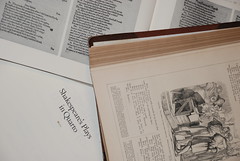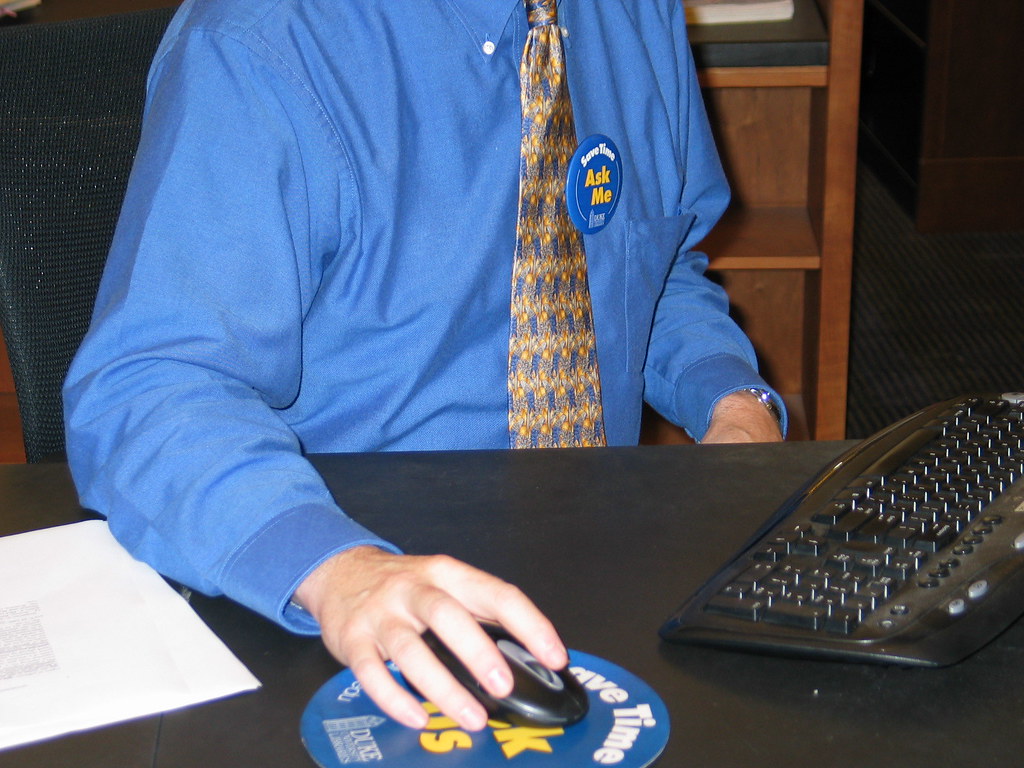We’ve started a new category on Library Hacks where we’ll highlight the innovative and creative ways Duke faculty are using library resources and librarian expertise in the classroom. We will continue to add new case studies to this section on a regular basis to highlight each project.
Case Study:
Assignment #1: Obesity and Health. Dr. Jen’nan Read, Spring 2009, SOC 161
View Mapping Grocery Stores and Bus Routes -example in a larger map
The goal of this assignment was to demonstrate how individuals’ everyday social environment influences important health outcomes, such as obesity. Students broke into teams and conducted comparative research at local grocery stores in the area, focusing on cost, content, and placement of food at the different locales. Students were given a fixed budget to feed a family of four and compared the quantity and quality of foods within that budget. Students evaluated the accessibility of the various grocery stores (and exercise facilities) in relation to different socio-economic and ethnic neighborhoods in the Durham area using mapping tools that were demonstrated in class by Librarians and CIT staff.
Library Session:
Two librarians, Linda Daniel and Joel Herndon, and Shawn Miller, a consultant with CIT, prepared a highly interactive introduction to library resources and online mapping tools. The class enabled the students to make compelling visual connections about the complex relationship between diet, socioeconomic status and access to grocery stores.
The result:
Thank you all so very much for your efforts and preparation. The students were duly impressed, as was I (many commented on how happy they were to get the training and hand-outs, etc). Sorry if it seemed rushed; it’s a learning process for us all. At the end of the day, it was superb.
Thank you again.
Jen’nan
Jen’nan G. Read
Associate Professor
Department of Sociology
Written by Nathaniel King


































































 Zotero
Zotero